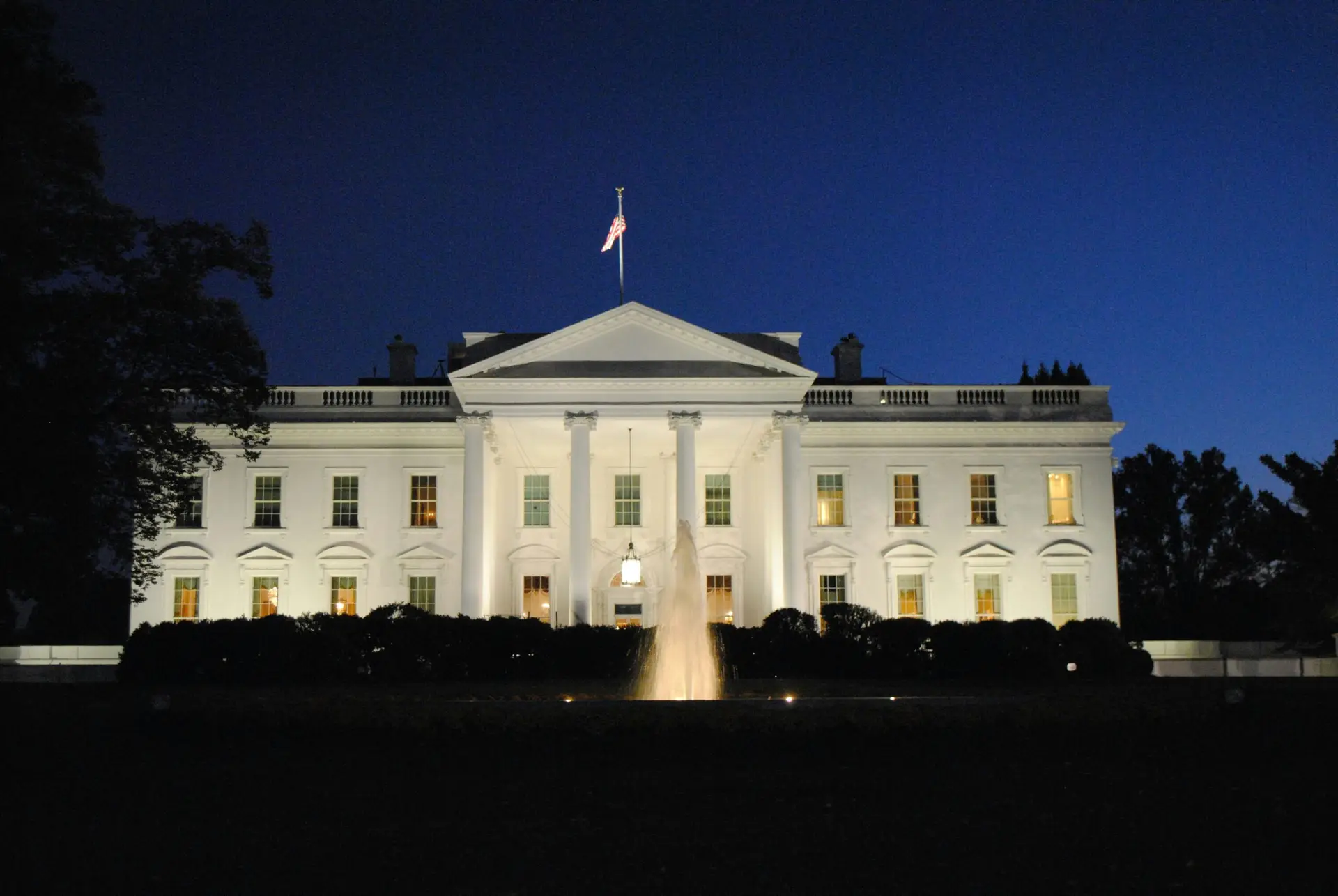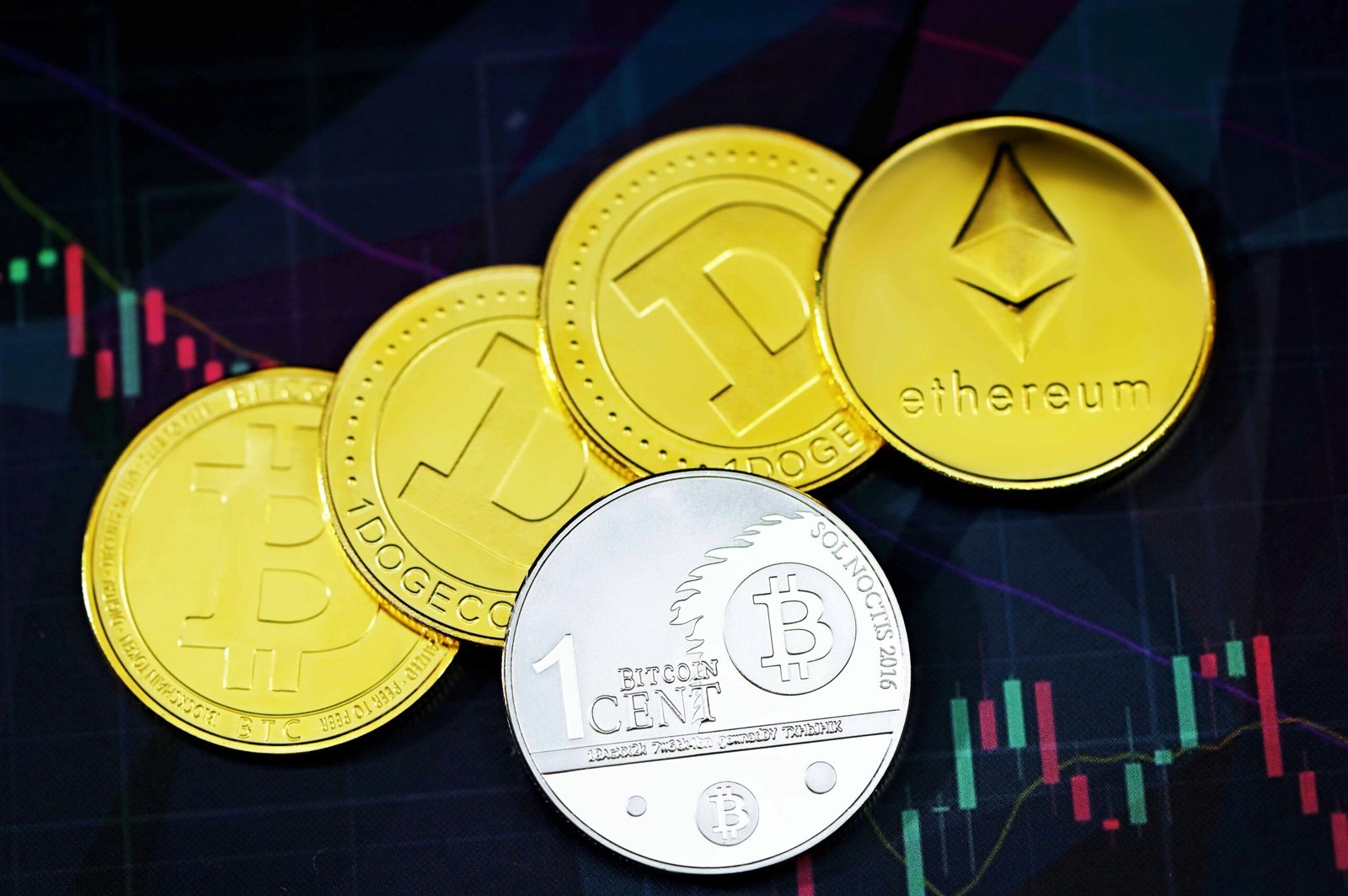Understanding Bitcoin Halving: Significance, Mechanics, and Implications
Bitcoin halving is a significant event that profoundly impacts the Bitcoin ecosystem and its users. The reduction in the mining reward has several implications affecting various stakeholders in the cryptocurrency space. Impact on Miners Firstly, the Bitcoin halving directly impacts miners. Miners use powerful computers to solve complex mathematical problems, which validate transactions and secure the Bitcoin network. In return, they are rewarded with newly minted Bitcoins. However, when the halving occurs, the reward is cut in half, meaning miners receive fewer Bitcoins for their work. This reduction in rewards can make mining less profitable, especially for smaller miners who may struggle to cover their operating costs. Impact on Investors and Enthusiasts Secondly, the halving event has implications for Bitcoin investors and enthusiasts. Historically, Bitcoin halving has been associated with a significant increase in the price of Bitcoin. This price surge is often driven by the reduced supply of new Bitcoins entering the market, coupled with the increased demand from investors looking to capitalize on the event. As a result, many investors see the halving as an opportunity to profit from the anticipated price appreciation. Supply and Inflation Rate The halving also affects the overall supply and inflation rate of Bitcoin. With each halving, the rate at which new Bitcoins are created slows down. This controlled supply mechanism differentiates Bitcoin from traditional fiat currencies. By reducing the rate at which new Bitcoins are introduced into circulation, the halving helps to maintain scarcity and potentially increase the value of existing Bitcoins over time. Underlying Principles and Philosophy Lastly, the halving event serves as a reminder of the underlying principles and philosophy of Bitcoin. Satoshi Nakamoto, the mysterious creator of Bitcoin, designed the cryptocurrency to have a finite supply of 21 million coins. The halving is a deliberate mechanism that ensures the gradual issuance of new coins, mimicking the process of mining precious metals like gold. This scarcity and controlled issuance foster trust and confidence in Bitcoin as a store of value and a hedge against traditional financial systems. In conclusion, the Bitcoin halving is a significant event within the cryptocurrency ecosystem. It affects miners, investors, and the overall supply of Bitcoin. Understanding the implications of the halving can help individuals navigate the ever-evolving landscape of digital currency and make informed decisions about their involvement in the Bitcoin ecosystem. The Next Bitcoin Halving Bitcoin halving, also known as the “halvening,” is a highly anticipated event in the cryptocurrency world. It occurs approximately every four years and has a significant impact on the Bitcoin ecosystem. The next halving is scheduled to take place in May 2024, and many experts and enthusiasts are already eagerly awaiting its arrival. Controlling Bitcoin Supply One of the key reasons Bitcoin halving is so important is its role in controlling the supply of new Bitcoins. Unlike traditional fiat currencies that central banks can print at will, Bitcoin has a limited supply. The total number of Bitcoins that will ever exist is capped at 21 million. This scarcity is one of the factors contributing to Bitcoin’s value and has made it increasingly attractive to investors seeking a store of value or a hedge against inflation. By reducing the block reward, halving slows down the rate at which new Bitcoins are created. Initially, miners were rewarded with 50 Bitcoins for each block they successfully mined. However, with each halving event, this reward is cut in half. After the next halving, miners will receive only 3.125 Bitcoins per block. This reduction in the block reward has a twofold effect. Firstly, it decreases the rate at which new Bitcoins enter circulation, leading to a more controlled inflation rate. Secondly, it increases the cost of mining, as miners need to invest in more powerful hardware and compete for a smaller reward. This dynamic helps to ensure the security and decentralization of the Bitcoin network. Impact on Bitcoin Price Another important aspect of Bitcoin halving is its impact on the price of the cryptocurrency. Historical data shows that previous halving events have been followed by significant price increases. This is partly due to the reduced supply of new Bitcoins entering the market, creating a supply-demand imbalance. As the supply becomes scarcer and demand remains constant or increases, the price tends to rise. The halving event itself acts as a catalyst for increased interest and speculation, attracting both new and seasoned investors to the market. However, it’s important to note that the price of Bitcoin is influenced by many factors, and halving is just one piece of the puzzle. Market sentiment, regulatory developments, technological advancements, and macroeconomic trends all play a role in shaping the price trajectory of Bitcoin and other cryptocurrencies. Caution for Investors and Traders Despite the excitement surrounding Bitcoin halving, its impact is not always immediate or linear. While previous halving have been followed by significant price increases, there have also been periods of consolidation and even temporary price corrections. Therefore, investors and traders should approach halving events with caution and conduct thorough research before making investment decisions. In conclusion, Bitcoin halving is a critical event that has far-reaching implications for the cryptocurrency market. It helps control the supply of new Bitcoins, maintains the scarcity and value of the digital currency, and sparks interest and speculation within the community. As the next halving approaches, the crypto world eagerly awaits the potential effects it may have on Bitcoin’s price and the broader market. The Mechanics of Bitcoin Halving Bitcoin halving is a pre-programmed event built into the Bitcoin protocol. It is triggered by the mining of a certain number of blocks, specifically 210,000 blocks. This number was chosen to align with the approximate time it takes to mine a block, which is around 10 minutes. When the 210,000th block is mined, the block reward is reduced by half. Initially, when Bitcoin was launched in 2009, the block reward was set at 50 Bitcoins per block. The first halving occurred in 2012, reducing the reward to 25 Bitcoins per block. The second halving…





